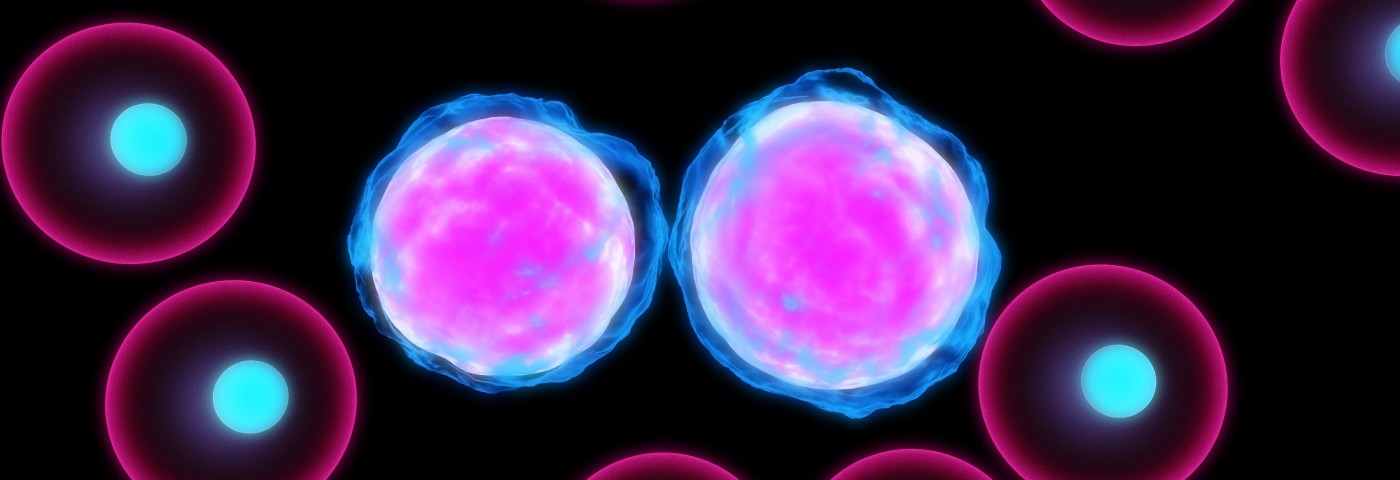Genmab A/S, a biotechnology company specializing in the development of differentiated antibody therapeutics for the treatment of cancer, recently announced the early end of its Phase 3 clinical trial of single agent ofatumumab in comparison to single agent rituximab in follicular non-Hodgkin’s lymphoma (NHL) patients whose cancer has relapsed at least six months after finishing a drug regimen treatment containing rituximab.
The decision to stop the clinical trial followed an interim analysis, conducted by an Independent Data Monitoring Committee (IDMC), that indicated ofatumumab was unlikely to show superiority if the Phase 3 trial was to conclude as planned. “The outcome of the interim analysis in this study is disappointing as we had hoped to see superiority of ofatumumab. The data from the study will now be prepared so that it can be presented at a future scientific conference,” Jan van de Winkel, PhD, Chief Executive Officer of Genmab, said in a recent press release.
Ofatumumab is a fully human monoclonal antibody (for the CD20 protein) which appears to inhibit early stage B lymphocyte activation, while rituximab is a chimeric monoclonal antibody against the protein CD20 primarily found on the surface of immune B cells. Because rituximab destroys B cells, it is used to treat malignancies characterized by excessive numbers of B cells, or overactive B cells or dysfunctional B cells, including many lymphomas, leukemias, transplant rejections, and autoimmune disorders.
The Phase 3 clinical was planned to randomly assign 516 fNHL patients to receive ofatumumab (1000 mg) or rituximab (375 mg/m2) by intravenous infusion in four weekly doses. Patients who had responsive or stable disease subsequently received single infusions of ofatumumab or rituximab every two months for four additional doses, totaling eight doses over a period of nine months. The primary study outcome was progression free survival (PFS).
Follicular non-Hodgkin’s lymphoma (fNHL) is the most common slow-growing (indolent) lymphoma, and the second most common subtype of indolent non-Hodgkin’s lymphomas (NHLs). fNHL represents about 22% of all NHLs and nearly 14,000 patients are annually diagnosed with the malignancy in the United States. Although not curable, these lymphomas typically can be managed over time, with a median survival of approximately 11.1 years.


